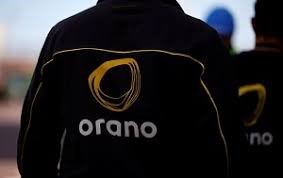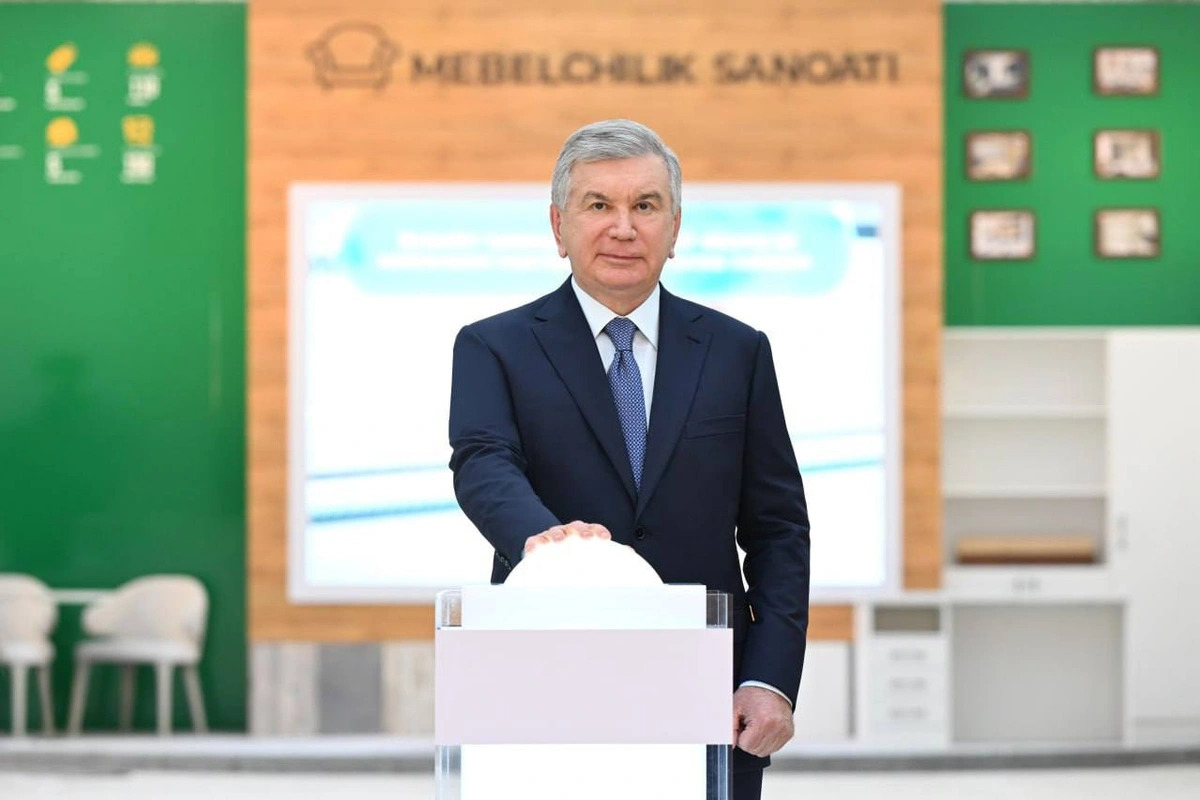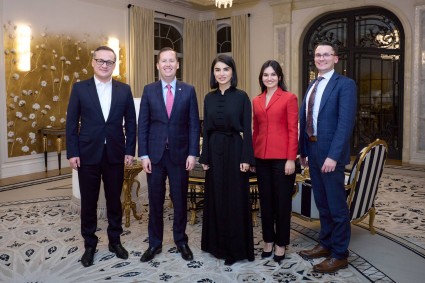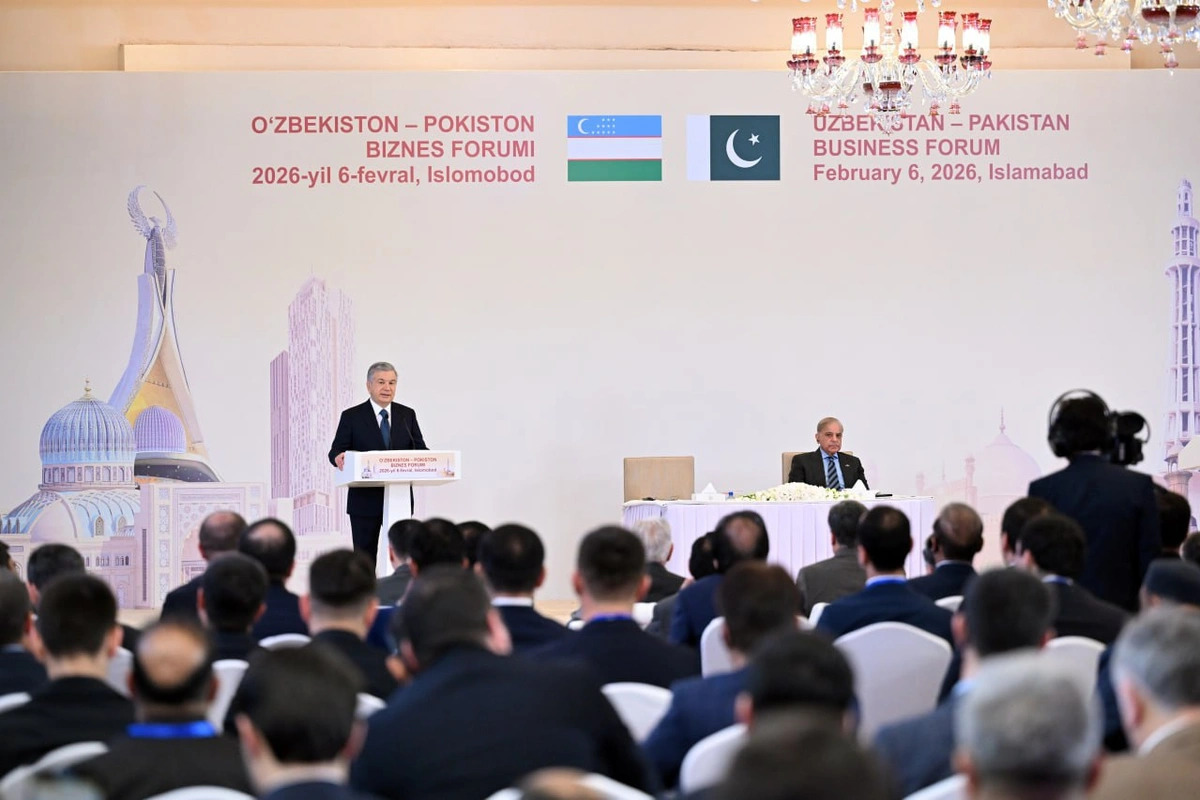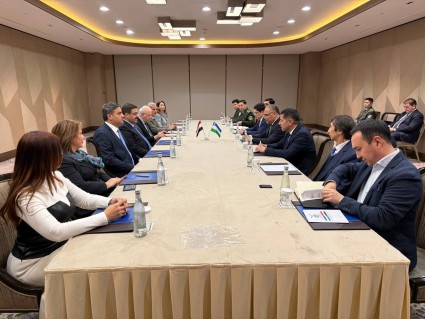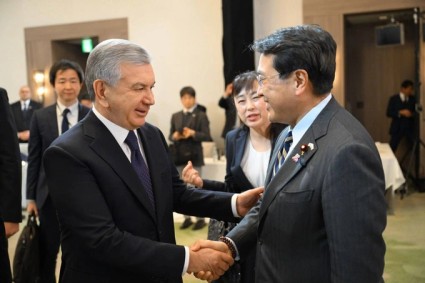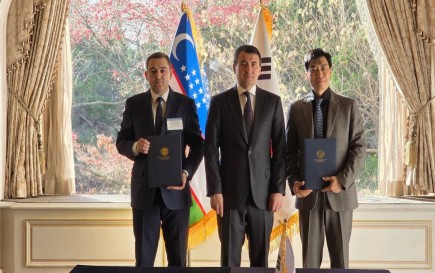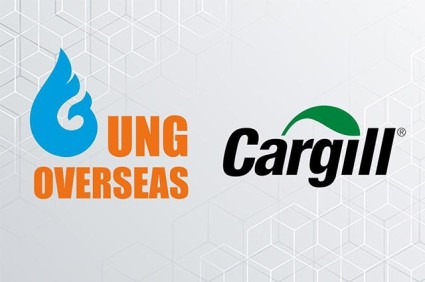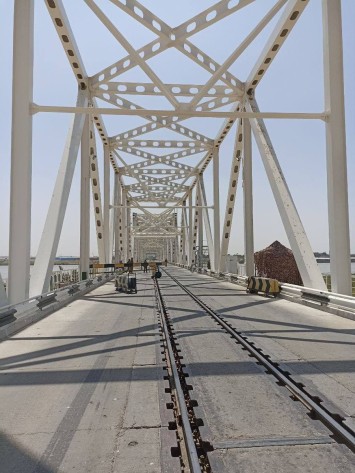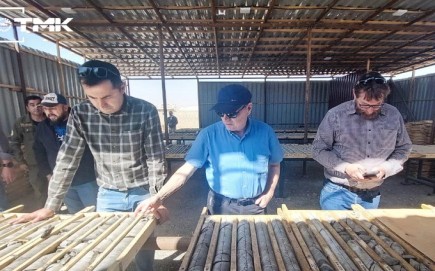The French state-owned company — which sells fuel and treats waste for plant operators in Europe, North America and Asia — is benefiting from production issues affecting the uranium mining industry, rising atomic output in countries such as China and a US plan to end reliance on Russian uranium-enrichment services.
“The prices of products that we’re selling have substantially risen thanks to better market prospects and geopolitical tensions,” Maes said during a presentation Tuesday. “That’s encouraging us to revisit a project in Namibia which was mothballed in 2012,” while also pursuing potential developments in Canada and Uzbekistan.
The nuclear group’s net income almost tripled last year, boosted by a series of one-time contracts to return waste treated at a French plant to Japan.
“Several mines of rather significant sizes will reach the end of their production around the middle of the next decade,” Maes said. “There’s enough identified resources to pick up the baton, but there will be a need to put new mines in production.”
Orano, which got the go-ahead from Mongolia’s government to develop a $1.6 billion uranium project last month, may reach a deal to develop a smaller project in Uzbekistan by year’s end, the CEO said. The group continues diversifying supplies after Niger’s military junta took over operational control of their jointly owned Somair mine and revoked Orano’s license for developing the Imouraren mine last year.

